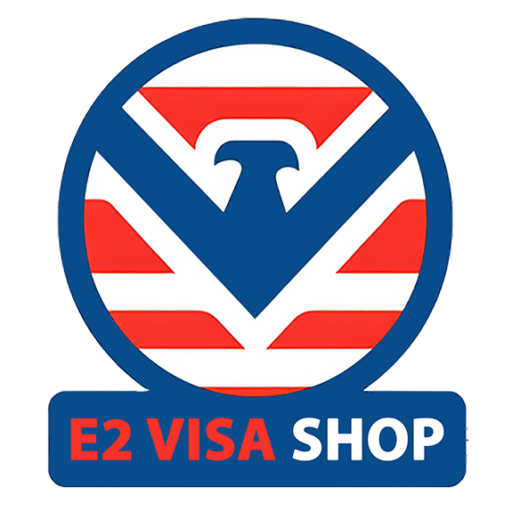
For foreign investors applying for the E-2 Treaty Investor Visa, one of the most critical elements of a successful petition is proving that the business is real and operating. U.S. immigration authorities require tangible evidence that the business is more than just a shell entity—it must be a legitimate, functioning enterprise.
To support your case, you’ll need to provide documentation that demonstrates the company’s active operations. Below is a categorized list of documents commonly submitted to satisfy this requirement.
1. Physical Presence and Legal Establishment
- Office Lease (not Virtual): A commercial lease agreement in the name of the business—virtual offices are generally not accepted.
- Storage Lease: If your business involves physical inventory or supplies, a storage lease further validates your operational footprint.
- Business License: Proof of legal authorization to operate in your jurisdiction.
- Sales Tax License: If applicable, this shows your registration for local and state tax compliance.
- Business Insurance: General liability, property, or professional insurance shows a commitment to protecting business operations.
2. Digital and Physical Branding
- Website: A professionally developed site with business information, services, and contact details.
- Social Media: Active business accounts on platforms like Instagram, Facebook, or LinkedIn show audience engagement and outreach.
- Marketing Materials: Flyers, brochures, digital ads, or branded merchandise prove you’re actively promoting the business.
- Business Cards: Traditional but effective for showing real-world networking and branding.
3. Communication Infrastructure
- Business Phone Number: A dedicated number (preferably not personal) to conduct and track business communications.
- Business Email Address: A professional domain-based email adds legitimacy and is often required in commercial correspondence.
4. Operational and Human Resources
- Employee Contracts: If you have staff, include signed employment agreements or offer letters.
- Payroll Records: Recent pay stubs or payroll summaries support active business operations.
- Workers’ Compensation Insurance: Required in many states for businesses with employees.
- Accountant and Bookkeeper: Agreements or invoices from financial professionals signal proper financial management and compliance.
5. Financial and Transactional Evidence
- Purchase Receipts: For equipment, inventory, or services—these show capital is being spent and the business is active.
- Bank Statements: Business account statements reflect cash flow, purchases, and deposits.
- Sales Reports: Reports generated from POS systems, accounting software, or CRMs validate incoming revenue.
- Customer Contracts: Signed agreements with clients demonstrate that the business has revenue-generating operations.
Conclusion
The USCIS and U.S. consulates want to see a functioning, lawful business that is capable of supporting the investor and contributing to the U.S. economy. The more comprehensive and consistent your documentation is, the stronger your E-2 visa application will be.
It’s not enough to simply register a company—your business must be visibly active. Gathering and organizing these documents early in the process not only streamlines your application but significantly increases your chances of approval.
